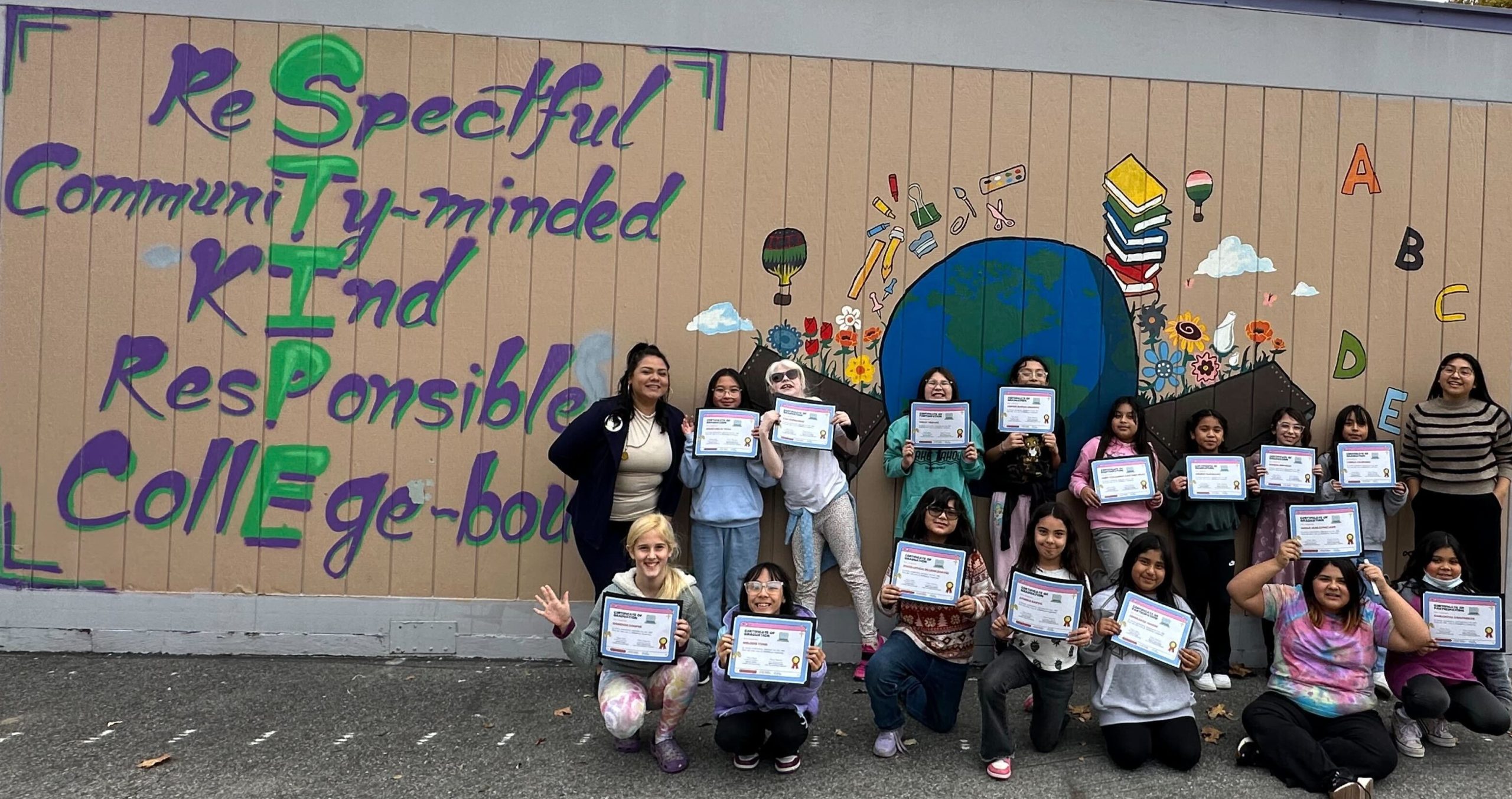In 2015, the percentage of women working in STEM-related fields was 25%. In 2025, it stands at 27%, a slow yet stagnant increase. These numbers don’t account for racial and ethnic disparities within that percentage, nor do they capture who is included or excluded from the data. But why is it important for women to be in STEM fields? Is it for equality, fairness, or representation?
Beyond the statistics, which can never fully capture the diverse experiences and identities they represent, more women entering STEM does not automatically equate to equality. A higher number of women in roles such as doctors or scientists doesn’t mean all women are being supported to pursue or remain in those careers. Historically excluded from both the workforce and the right to claim ownership of their work, women today continue to face the effects of those legacies. A century later, we still see women as a minority in many STEM fields. Despite some progress, the numbers lag behind, with men continuing to dominate the highest-paying and most prestigious positions.
This slow progress, nonetheless, often fails to address deeper issues: opportunity gaps, the glass ceiling, workplace treatment, and the intersecting barriers of gender, race, and class. These challenges not only make it harder for women to succeed in STEM but also deter others from even trying. Why choose a path riddled with systemic obstacles? More importantly, how can a girl pursue STEM if she was never exposed to it or given a chance to explore her interests?
When more women enter STEM, they don’t just take a seat at the table; they build more seats. They pave the way for others to follow. Their presence creates room for more women in leadership, in innovation, and in decision-making. It begins to shift industries historically built by and for men toward being more inclusive, equitable, and accessible.
Programs like Girls Who Code matter
This is why programs like Girls Who Code (GWC) matter. Through the Hispanic Foundation of Silicon Valley’s (HFSV) partnership with GWC, elementary and middle school girls gain exposure to STEM through an 8-week course that offers hands-on experience with basic programming platforms, dedicated mentorship, and beginner-level computer science education.
Melissa, a Latinos in Technology Scholar from Cohort 8 (2023), is one of the current GWC facilitators. As a first-generation Latina majoring in Aerospace Engineering at San José State University, she believes her background has instilled in her a deep sense of commitment to pave the way for others from similar communities. Melissa has served as a mentor and coding facilitator for several GWC programs and events. She says:
“Representation matters, looking at the kids and how amazed they get when someone that looks like them takes the time to show them they can do fun and challenging tasks. It opens a door to endless possibilities and it solidifies their confidence in their abilities, after all they are our future.”
Melissa is just one of many individuals who have been supported by HFSV programs and now give back through their education, experiences, and passion. Opportunities like these, combined with mentorship from those who understand what it means to be underrepresented, continue to open doors for the next generation of girls to explore and thrive in STEM.
After all, as Melissa writes: “Although the road is weary and fruitful, never dimming is the eyes following closely, eagerly awaiting your mentoring hand.”
To support the Girls Who Program and other of our K-12 STEM programs click here.

